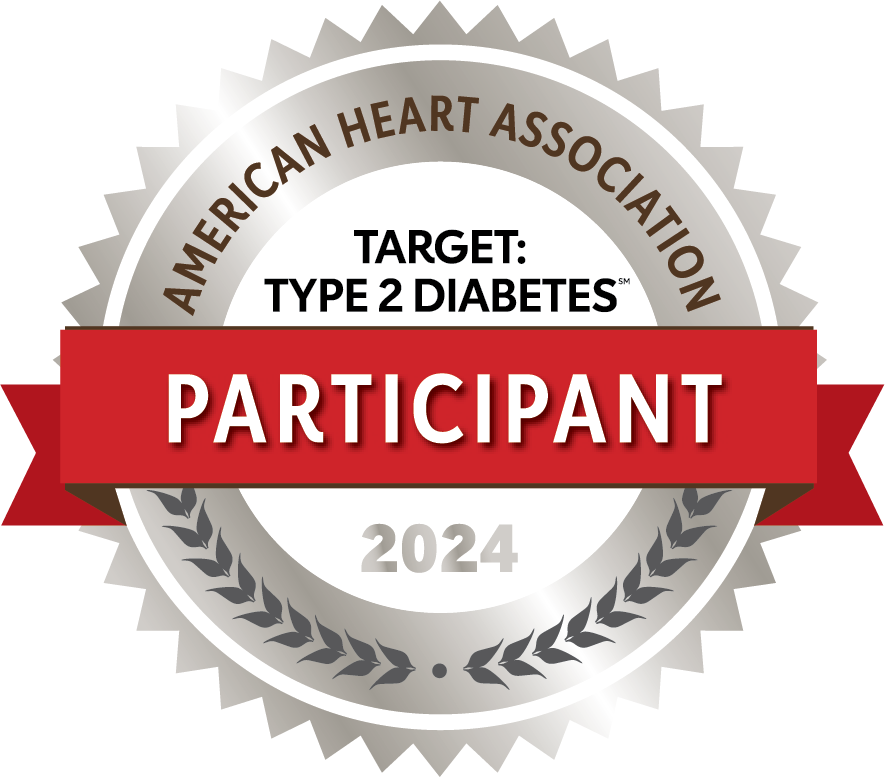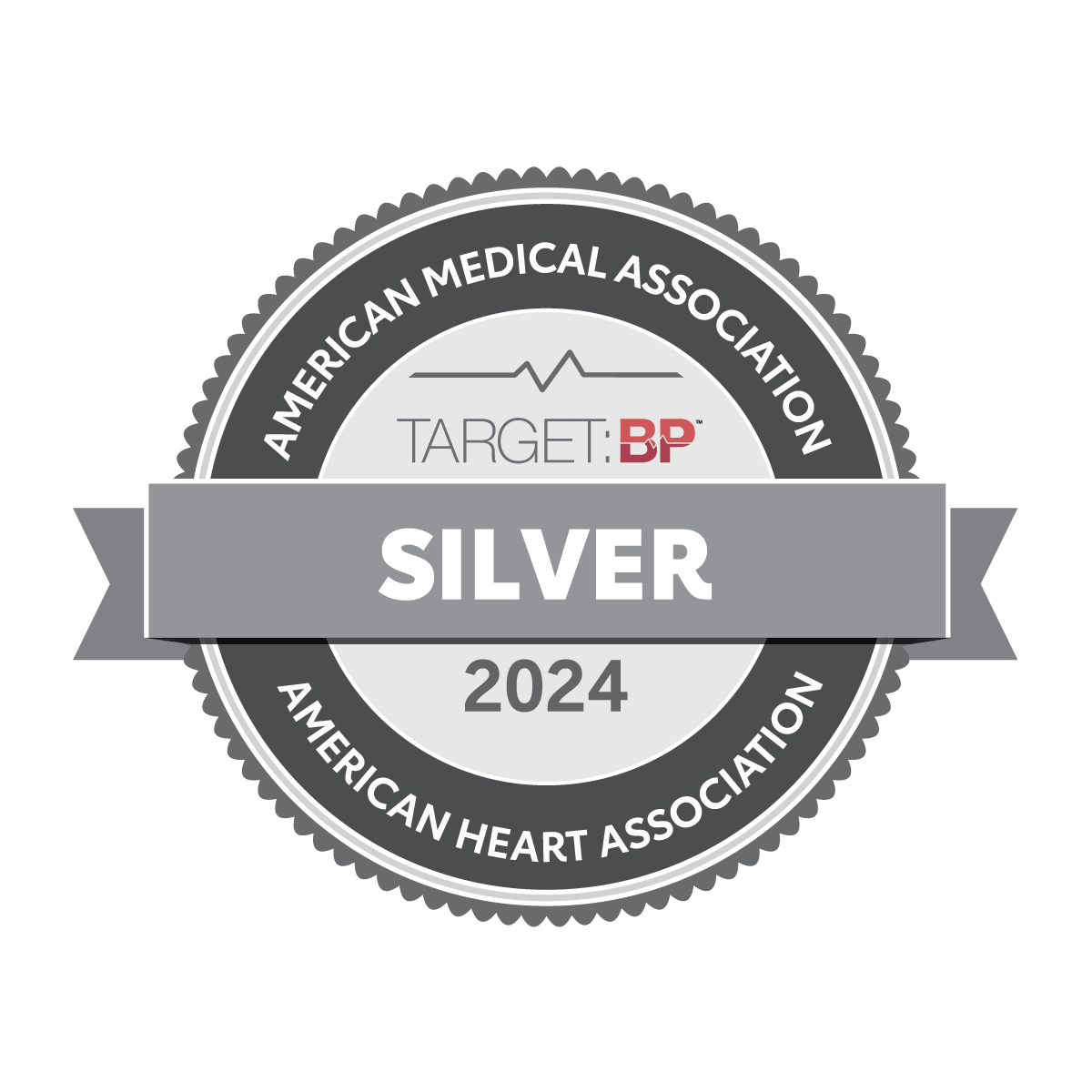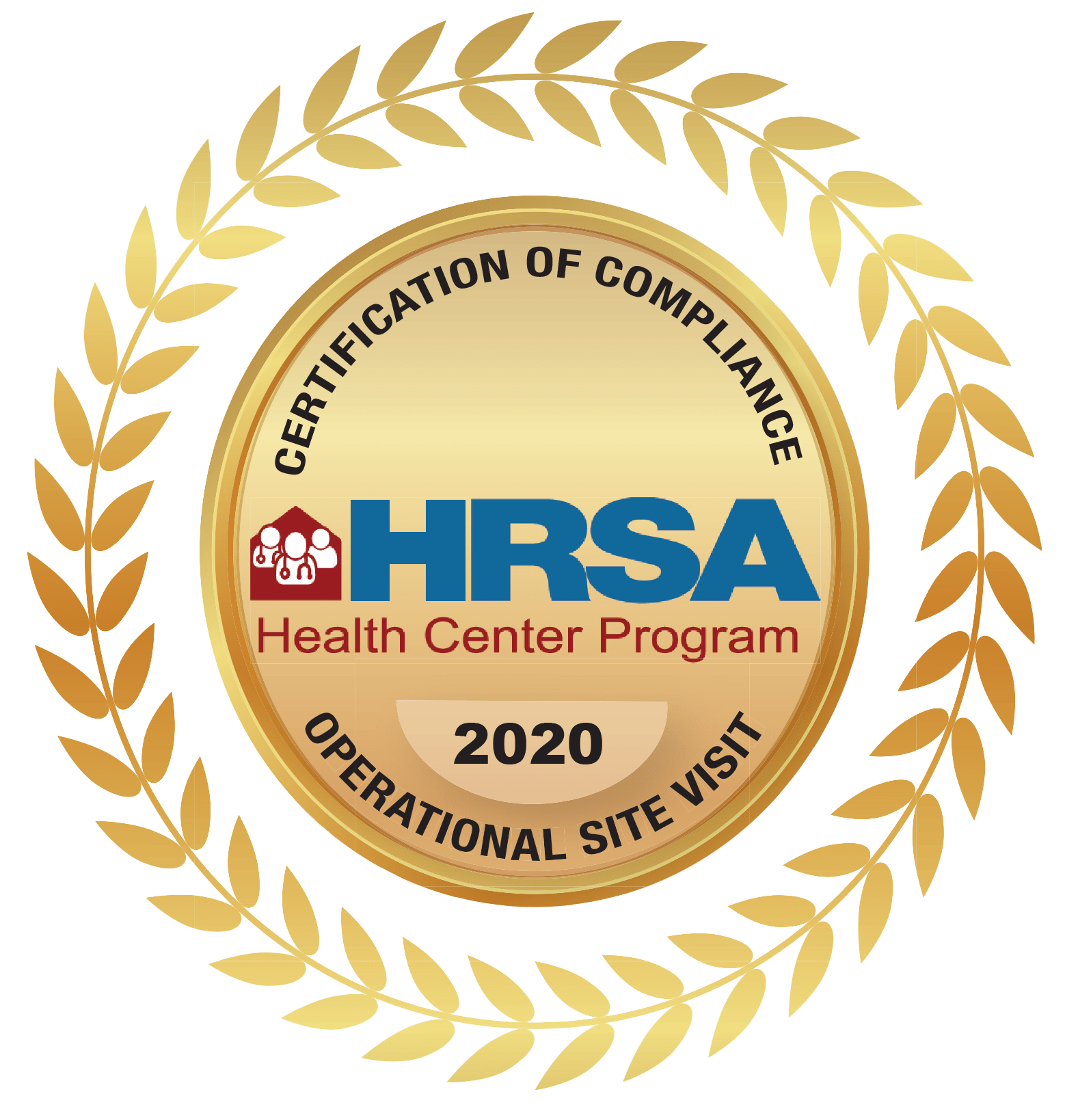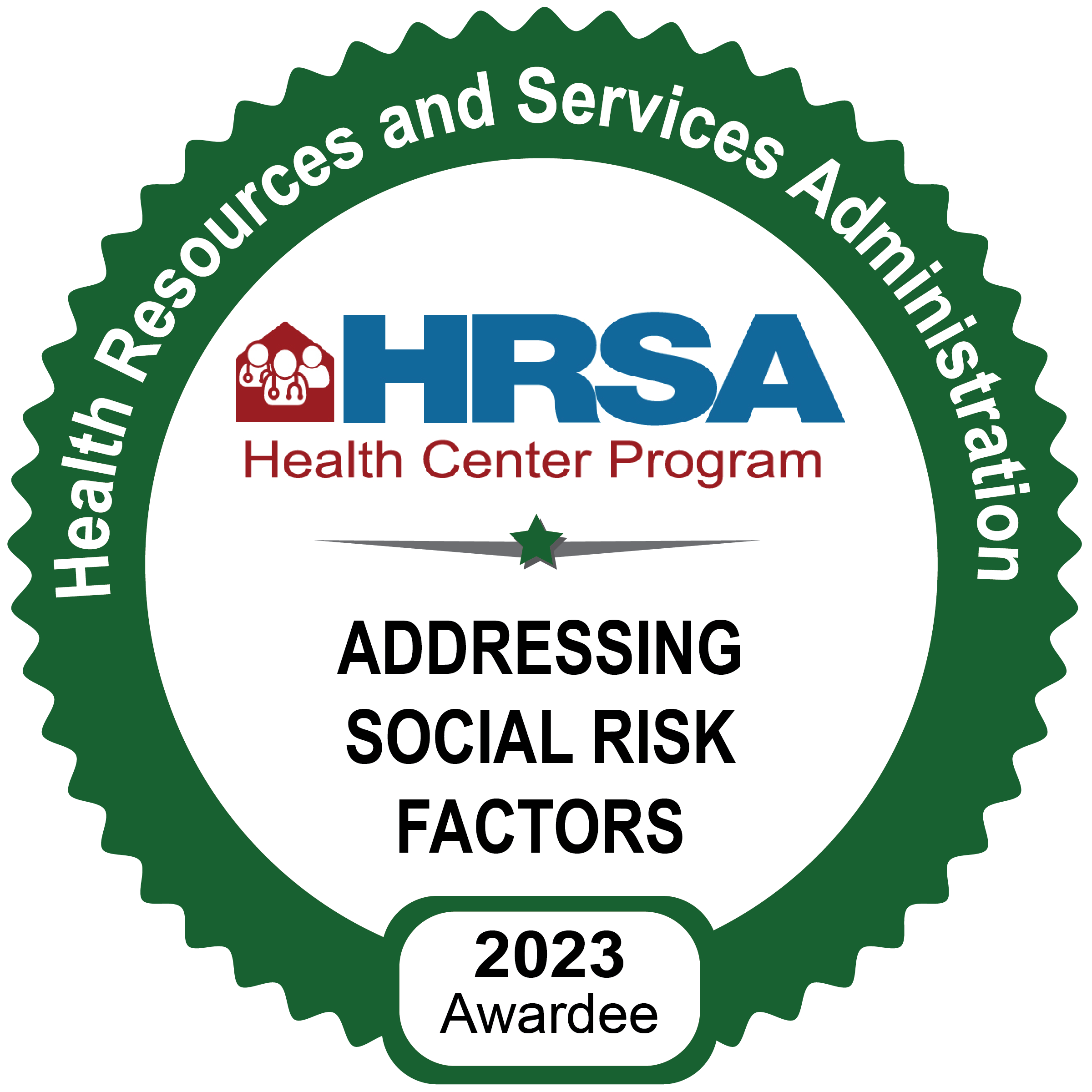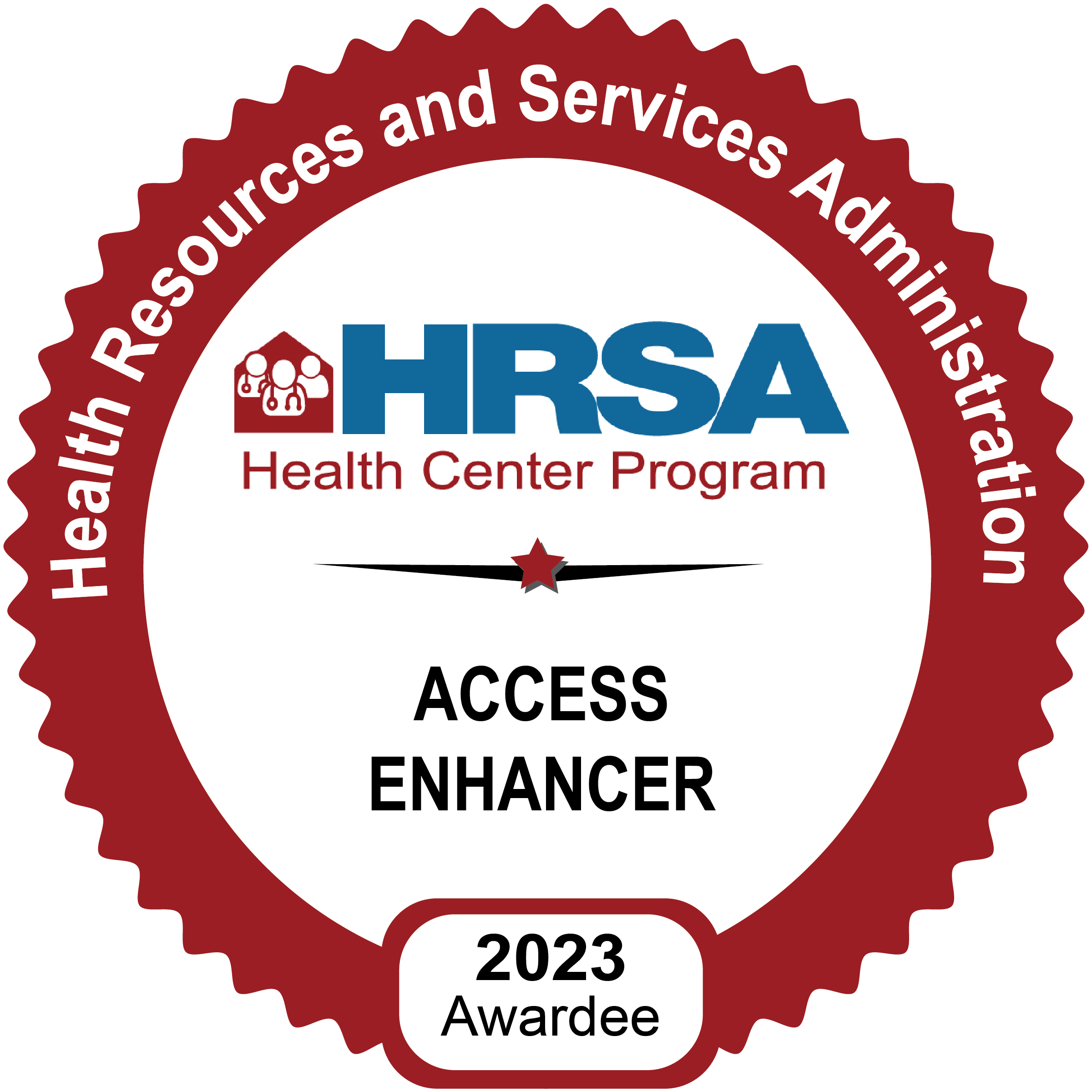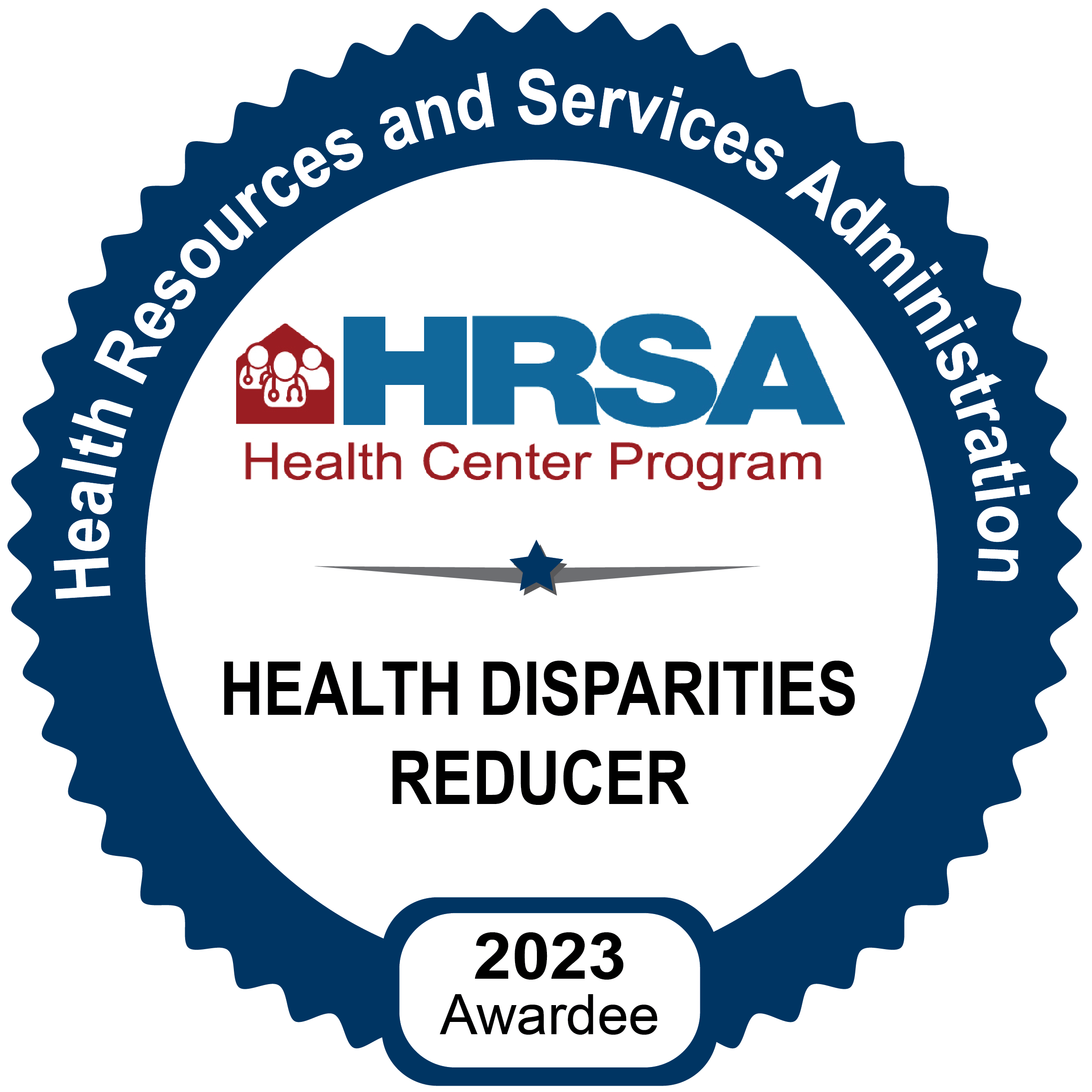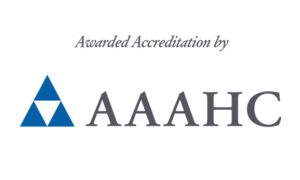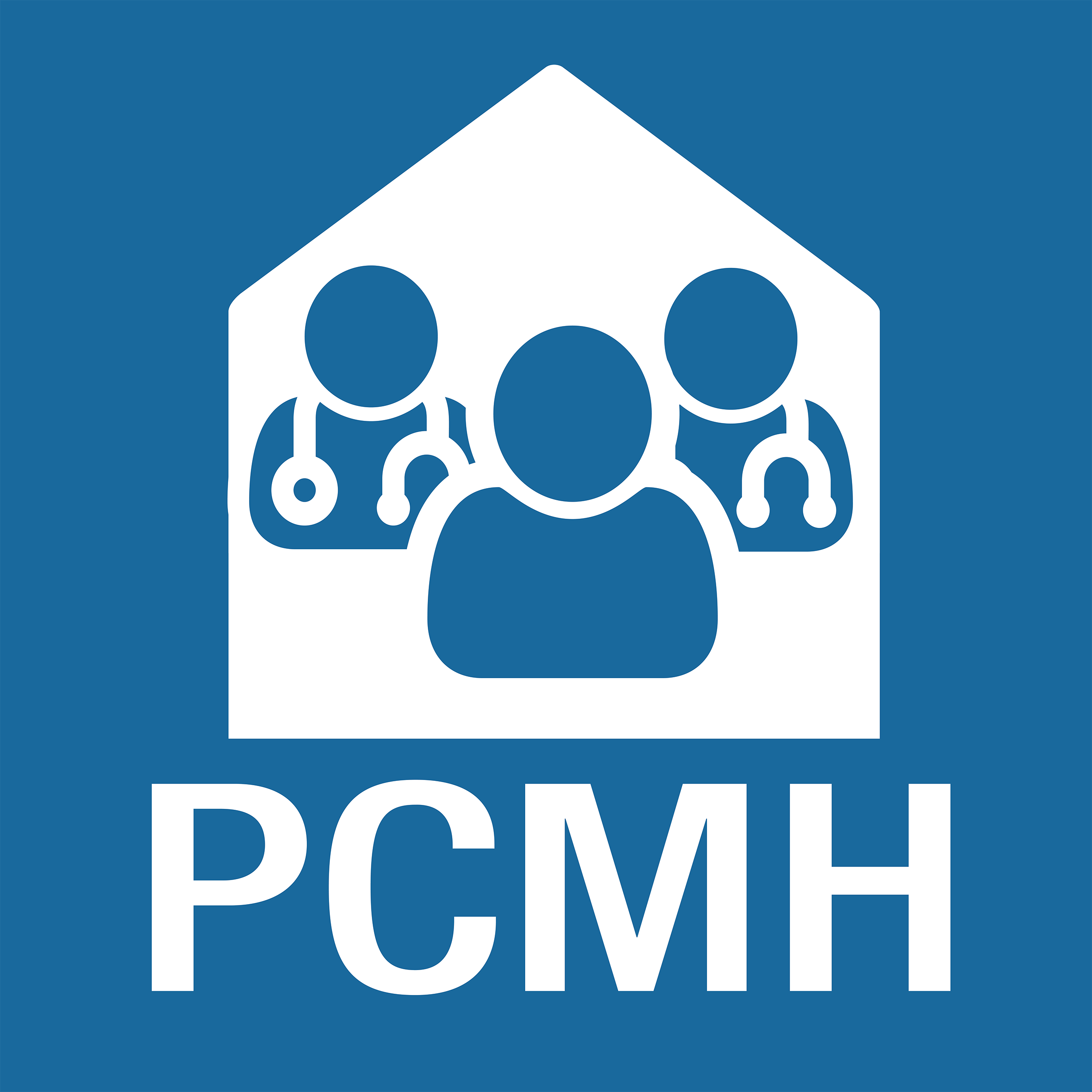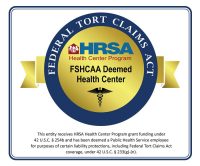By: Vernice Ann R. Bautista, PA-C, MMSc, MT (ASCP)
With Valentine’s Day just around the corner, this is the perfect time to have your blood pressure checked with your regular Primary Care Provider (PCP) to make sure your heart is healthy and strong. But high blood pressure, also known as hypertension, can be a little bit mysterious for some of us. We want to clear some of that up for you.
What is blood pressure?
Blood pressure is the force of blood pushing against the walls of your arteries.
What do the blood pressure numbers mean?
During a blood pressure reading, the top number represents the phase when your heart is pumping, and the arteries are filled with blood. This is your systolic blood pressure.
The bottom number represents the phase when your heart is relaxing in between beats. This is your diastolic blood pressure. Both of these two numbers are measured in millimeters of mercury (mm Hg).
What are normal blood pressure numbers?
A normal blood pressure level is less than 120/80 mm Hg.
What is high blood pressure (hypertension)?
Hypertension or high blood pressure is when you have blood pressure readings greater than normal. In simple terms, it means your heart is working too hard to pump your blood.
Your blood pressure changes throughout the day based on your activities. Many factors can affect the accuracy of a blood pressure reading, from nervousness about a doctor’s visit (or white coat syndrome) to smoking a cigarette beforehand, crossing your legs while the reading is being taken, or caffeine intake. Even something as benign as your PCP needing to check your blood pressure more than once can elevate your numbers.
However, at least two separate significantly elevated blood pressures on at least two different occasions are needed to be officially diagnosed with hypertension.
There are generally four categories of blood pressure measurements:
Normal: lower than 120/80 mm Hg
Elevated blood pressure: 120-129 mm Hg/below 80 mm Hg
Stage 1 hypertension: 130-139/80-89 mm Hg
Stage 2 hypertension: Higher than 140/90 mm Hg
What are the signs and symptoms of high blood pressure?
Hypertension is also known as the “silent killer” because most people do not have any obvious symptoms. Measuring your blood pressure is the only way to know if you have high blood pressure.
In instances where the pressure is dangerously high, you may notice chest pains, headaches, or shortness of breath. In these instances, you should seek medical attention immediately.
What causes high blood pressure?
Not enough physical activity or exercise
Diabetes
Obesity or weight gain
Pregnancy
Other medical conditions
What problems does high blood pressure cause?
The heart, brain, eyes, and kidneys are vital parts of your body that can be affected by long term, uncontrolled high blood pressure. High blood pressure can lead to heart disease, heart attack, or stroke. It can also cause complications that can lead to blindness.
Nearly one in three American adults have high blood pressure or hypertension. The higher the blood pressure and the longer it goes untreated, the more damage it can create. Hypertension increases your risk of death.
What can I do to prevent or manage high blood pressure?
Lifestyle changes, including:
Exercising/physical activity (about 30 mins a day, 5 days a week)
Not smoking
Eating a healthy diet, including low salt
Maintaining a healthy weight
Managing stress
If lifestyle modifications aren’t enough, your PCP may also prescribe medications like diuretics (water pills) or ACE inhibitors, to name a few. In addition, it is important to routinely visit your PCP to monitor your blood pressure and keep it under control.
Have a Happy Heart Month!


